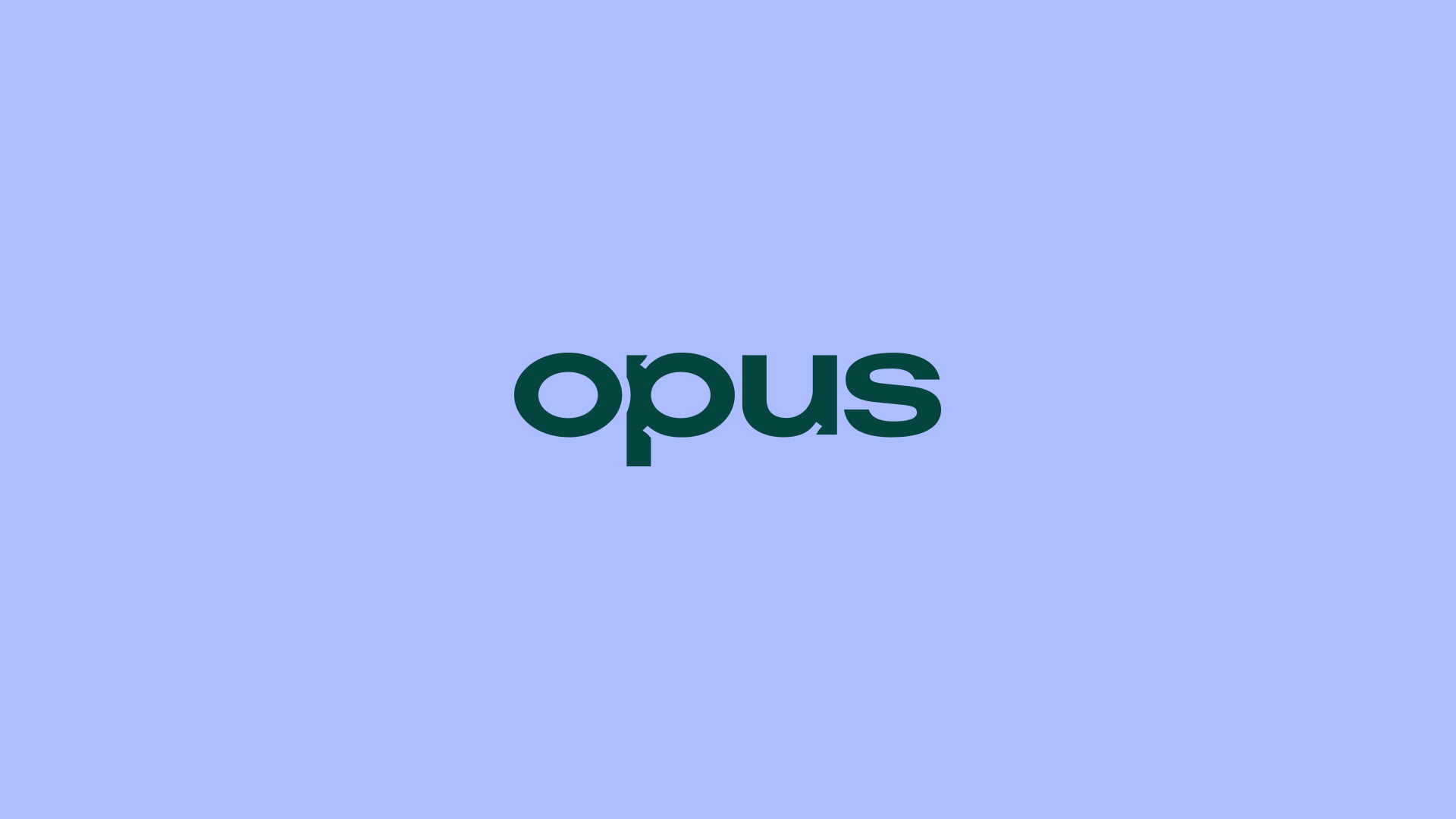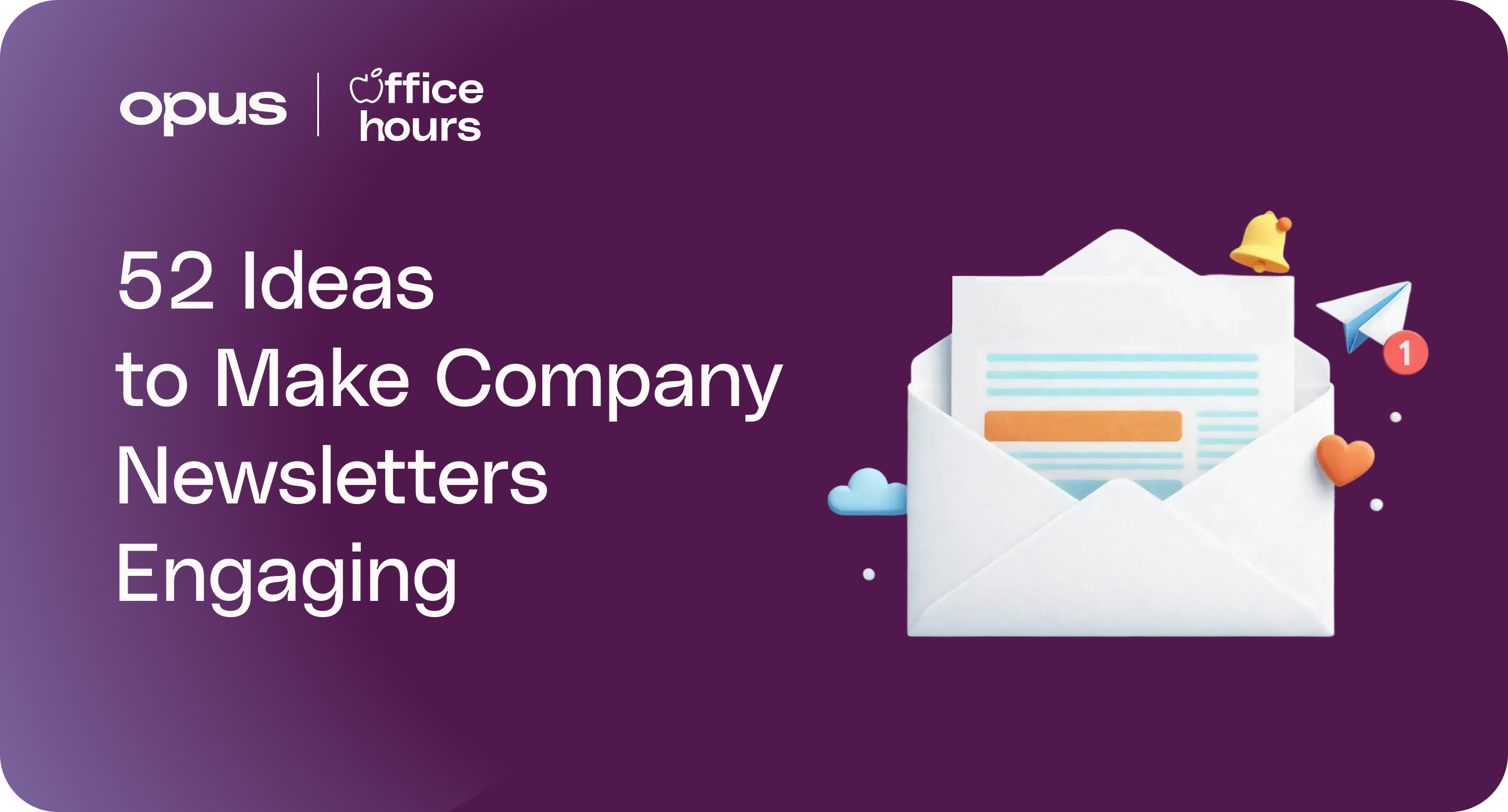We sat down with Zack Oates, Founder & CEO, and Jake Levine, Head Of Partnerships, from Ovation to talk about all things feedback. Ovation is a customer feedback platform to help restaurants collect and see real data.
Implementing feedback into daily operations is a game-changer. Changes can be from employee recognition and training to data about your tater tots. “People are 3x more likely to leave a negative review than a positive one.” Zack goes on to tell us that it’s not because "people are jerks, it's because people want to feel validated and heard." Restaurants make providing feedback a difficult process. To express their emotions, people lash out online. Ovation data shows that 99% of diners would prefer to leave negative feedback in private, but in most cases that isn’t an option so they hop to Google, Yelp, etc. Each bad review loses a business up to 30 customers.
How to Effectively and Effortlessly Gather Feedback
Friction is what causes failures in business. Gathering feedback has its own unique set of consequences. Ovation makes gathering feedback frictionless. This leads to fewer negative reviews online as well as gives the restaurant a chance to right whatever wrong was done. Jake gave us a fantastic example of where a simple mistake could cost the business a customer; forgetting Cesar dressing for a delivery order. How frustrating, right? Delivery demand, as we know, has gone up 300% since the beginning of the pandemic. And mistakes are bound to happen. What do you do when you order a Cesar Salad, dressing on the side, and the dressing is nowhere to be found? "But what do I do? Am I going to like take the time and go leave a yelp review? Probably not. Am I going to call the restaurant and ask them to bring new salad dressing? Probably not. It might just not going to go back potentially, right?” If the business had an easy, frictionless way to gather feedback and fix the problem, the customer may not be lost. Zack explained that a restaurant is more likely to have a loyal customer by correctly fixing a complaint than if there was no mistake in service at all. This is an opportunity.
Data is the life source of all business. Having the ability to collect and analyze the information from feedback enables managers and admins to adjust and pivot business needs and expectation. It also allows for the implementation of employee recognition programs and add pattern problems to your training program. We learned from CHART partner, Braxton Luzier, that employee recognition is extremely important [1]. Zack has seen some businesses implementing bonuses based on their Ovation data. There's plenty of proof advising that employees who feel appreciated are higher sellers, stick around longer, and have increased engagement and productivity.
Using Feedback to Enhance Training
Implementing the data into your training program is easy too. If you are getting consistent feedback that your house salad has too much dressing, update the recipe card, and retrain your back-of-house. Maybe servers are dropping checks too slowly. You could receive feedback that a table next to the door is too chilly all winter, and the guest's experience is disrupted with every opening of the door. Without a frictionless feedback gathering tool, there are countless data points you aren’t receiving that with small changes in your training could increase customer retention and experience.
Something the Ovation team is very passionate about is that “a restaurant is only as good as the last visit.” You could patronize a pizza place regularly for years, but if your last visit doesn’t meet exceptions, the chances of a return visit plummet. This is especially true in extremely competitive locations— take NYC for example. Jake gave us the example of pizza, in New York, there are 1,000 locations on a single block. If a restaurant is only as good as its last visit, maybe next time that customer will go next door, or across the street. There is no shortage of options. Zack backs this sentiment up with "[Operators] gotta do hand to hand combat for those customers because it's a war zone out there with restaurants and the switching costs have never been lower. I don’t need to walk a mile. I don't need to walk a block, I just make one more swipe of my finger, and that's how hard it is for me to try a new restaurant."






